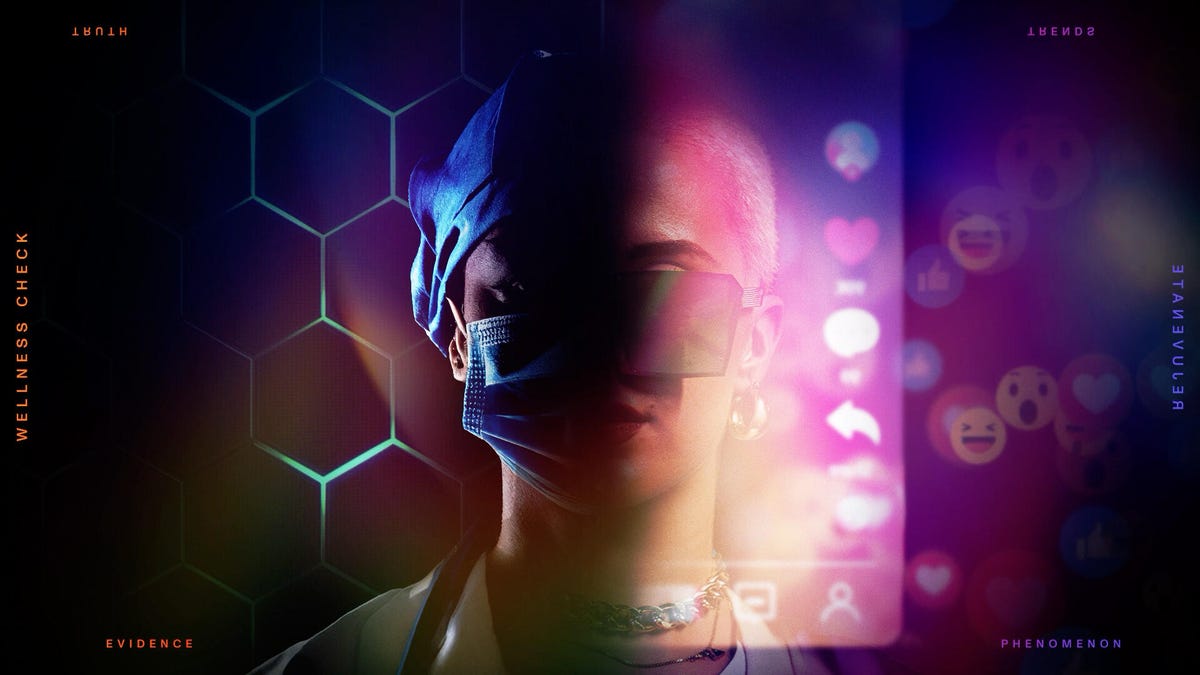UPDATE: A looming trust crisis in health care is escalating, as new reports reveal that over 100 million Americans struggle to access primary care. This issue has intensified with the rise of wellness influencers, who are often unqualified to provide medical advice yet attract millions with their alluring claims.
JUST IN: The National Association of Community Health Centers and HealthLandscape’s recent study highlights a staggering increase in barriers to primary care access, nearly doubling since 2014. This crisis disproportionately affects women and BIPOC communities, further complicating trust in medical institutions.
Dr. Mike Varshavski, known as “Doctor Mike,” with his 29 million social media followers, underscores the growing disconnect between patients and health care providers. He cites factors such as dwindling reimbursement rates and the closure of solo practices as contributors to this crisis.
The emotional toll is significant. Many patients report feeling alienated during clinical visits, often encountering new doctors without established relationships. In stark contrast, wellness influencers make health seem effortlessly achievable through quick fixes and trendy supplements, drawing people away from traditional medical advice.
According to a 2025 Pew Research Center survey, confidence in scientific expertise has plunged by 14% since April 2020, as misinformation proliferates online. The allure of wellness influencers, who promise transformative health with minimal effort, has never been more potent.
“What wellness influencers do very well is make it seem like if you do X, you will be healthier,”
states Jessica B. Steier, a public health expert. This perception can lead individuals down a dangerous path, relying on unverified claims rather than seeking legitimate medical care.
The wellness industry, a multitrillion-dollar sector, thrives on the emotional appeals of influencers who often lack medical credentials. In fact, a recent study showed that 55% of adults occasionally turn to social media for health advice, with younger adults being particularly susceptible to misinformation.
With misinformation spreading like wildfire, the influence of sensational health claims can lead to severe consequences. The tragic stories of individuals who have declined essential medical treatments in favor of alternative remedies are rising, often resulting in dire health outcomes.
In response to this growing concern, the World Health Organization launched the Fides Network, a collaborative effort among health care professionals aimed at combating misinformation with evidence-based content. This initiative is crucial as it seeks to counteract the persuasive narratives of uncredentialed influencers.
Social media platforms like TikTok and Instagram have implemented policies to curb misleading content, but the effectiveness of these measures remains in question. Experts emphasize the need for users to critically assess health information consumed online.
As Brian Southwell, a distinguished fellow at RTI International, notes, “Misinformation about science is information that asserts or implies claims inconsistent with accepted scientific evidence.” The challenge lies in discerning credible sources from those promoting products without scientific backing.
The urgency of this issue cannot be overstated. As Stephanie Alice Baker points out, the decline in trust in institutional expertise has been evident since the 1950s, fueled by scandals in the pharmaceutical and food industries. This long-standing distrust has intensified during the COVID-19 pandemic, further complicating the public’s relationship with health care providers.
The path forward requires a collective effort from both health care professionals and consumers. Patients must be encouraged to engage with their doctors openly, fostering a more trusting environment. Meanwhile, health experts must embrace social media as a tool for disseminating accurate information, countering the sensational narratives that dominate online platforms.
As the health care landscape continues to evolve, the importance of reliable and accessible medical guidance stands paramount. Consumers must take agency in their health decisions, seeking out qualified professionals rather than succumbing to the allure of wellness trends that may jeopardize their well-being.
The conversation surrounding trust in health care is critical, and immediate action is necessary to bridge the gap between patients and providers. In a world where health information is at our fingertips, understanding who to trust is essential to ensure a healthier future for all.
